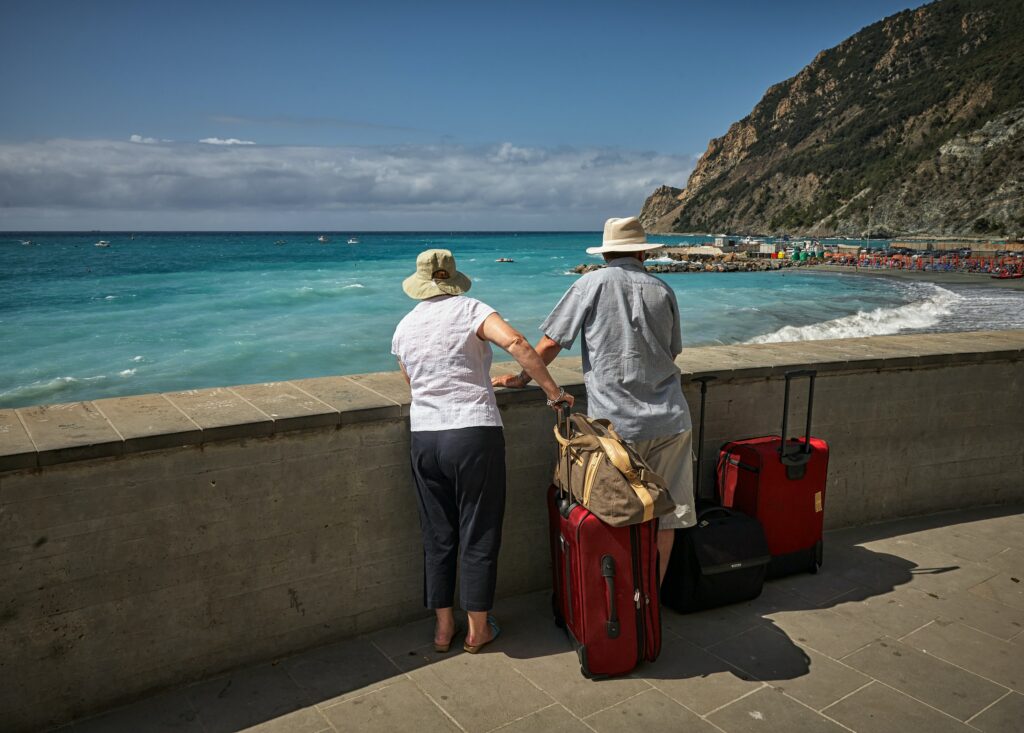This upcoming Sunday is National Tourism Day! In honor of touring, let’s talk about traveling! There are many benefits to travelling post-retirement, and as we get older. Even a simple day trip to the park can do the job. A study published in the International Journal of Environmental Research and Public Health, ‘Active Aging’ is very important to our physical and mental wellbeing as we age. Being involved in activities, travelling in groups and so forth can have a major impact on our mental health as retirement or getting older starts to change us.
There are many different types of organizations that offer or specialize in senior travel. While the following options have costs, there are local community and senior centers that also offer low to no cost day trips, like Pittsfield Township Senior Center.
Walking the World is a travel company that designs trips internationally, mainly for seniors. They provide hiking/walking tours in places like Costa Rica, Spain, or Italy. A guide will take you through some amazing spots, allowing you to see and learn about these beautiful destinations. Guides always travel with the group, and Walking the World also uses local guides from your destination, accompanying you throughout your time as well. For their 2023 Costa Rica trip, they have listed an itinerary including La Paz Waterfall Gardens, horseback riding, a mangrove kayak tour, and much more.
Another great resource for senior travel is Road Scholar. Through in person and virtual options, Road Scholar focuses on the lifelong learning that travel can offer. Local experts accompanying groups or solo venturers through amazing sites, like Ireland or the Netherlands. Their website offers comprehensive group selections, like filtering women only groups, or grandparents and family. Their itineraries include cost breakdown and day-to-day happenings. Pricing for most trips looks all inclusive.
ElderTreks is another great provider of travel groups for those 50 and up. They have a huge list of destinations throughout the next year or so. A helpful inclusion is that they rate their trips for activity level, with one being easier and five being most challenging. For gauging of skill level, a level one traveler should be able to walk one mile and hike one to two hours, while a level five should be able to walk five miles and hike for five or more hours. In one trip to Peru, an activity level five trek, you are trekking between each lodge you stay at, and ending with a trip to Machu Picchu.
And who’s to say YOU can’t plan a trip? Finding places to travel to, even just in our county for a day trip, can still be rewarding and stimulating. Maybe this is a trip with your family, or friends from work, or a solo adventure you have always wanted! A great place to get ideas for destinations is Pure Michigan. Check out this article they have on day trips in Michigan.






